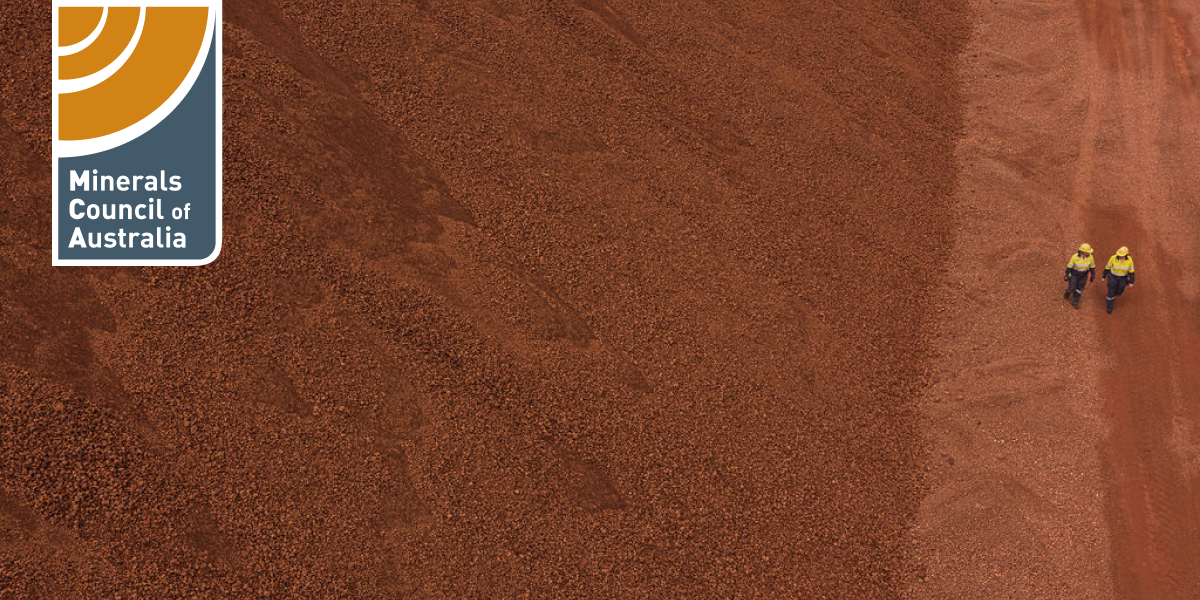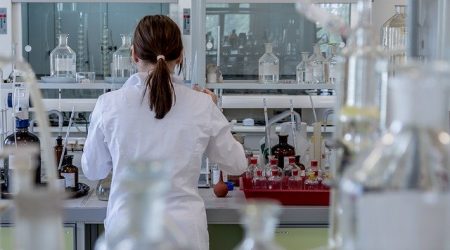Low Emission Technology Australia Chief Executive Officer, Mark McCallum
Carbon capture utilisation and storage (CCUS) is not a technology in its infancy and becomes more affordable with every project and facility developed — a fact illustrated in the Global CCS Institute’s annual status report released overnight.
It is a recognised, proven technology working in more than 25 countries around the world today, with more countries incorporating it into their emissions reduction strategies.
This year 71 projects have been started, bringing to 135 the total number of CCS facilities operating and in development around the world.
The CO2 capture capacity of the facilities in development has increased by almost 50 per cent in the last year alone.
The numbers don’t lie — carbon capture utilisation and storage has a critical role to play in the world’s efforts to get to net-zero.
The momentum we’re seeing in CCUS advancing globally is a result of government, industry and environmental leaders understanding this and working together to incorporate this important technology into emissions reduction efforts.
Importantly, the Global Status of CCS Report highlights that the technology is being recognised for its value not just for power generation, but across hard-to-abate industries that we rely on every day, such as cement, steel and chemicals manufacturing and fertiliser production — CCS is now being adopted for all of these and more.
CCUS can also be used to produce clean fuels of the future, like hydrogen and ammonia, and help establish Australia as a world-leading clean energy exporter.
That’s why LETA is investing in CCUS and the zero-emission Allam-Fetvedt Cycle technology — because we’re serious about contributing to Australia’s efforts to meet its international climate commitments and transition to a low-carbon economy.
Critics will continue to demonise CCUS but let’s focus on what’s important here — emissions reduction.
The technology’s available, why wouldn’t we use it?
We need all technologies to get to net-zero, and CCUS will play a key role in getting us there.








